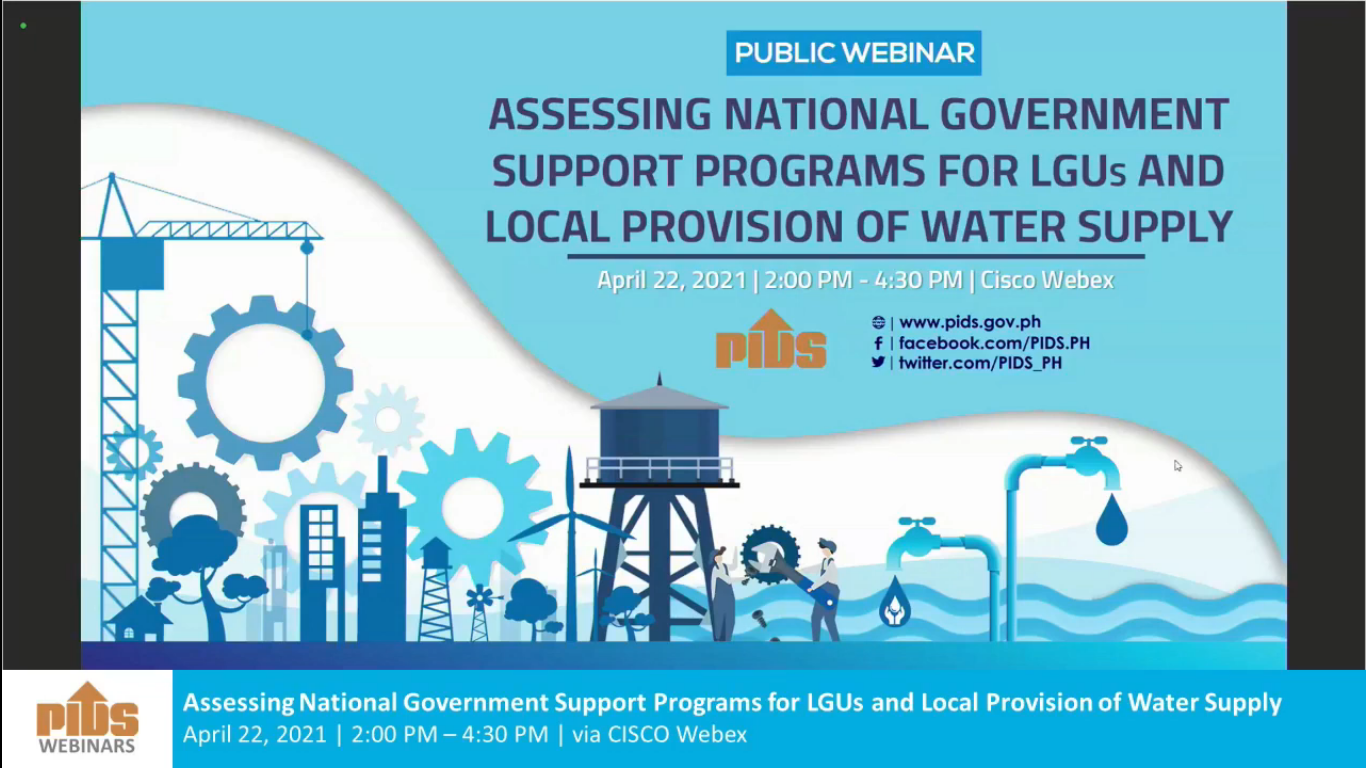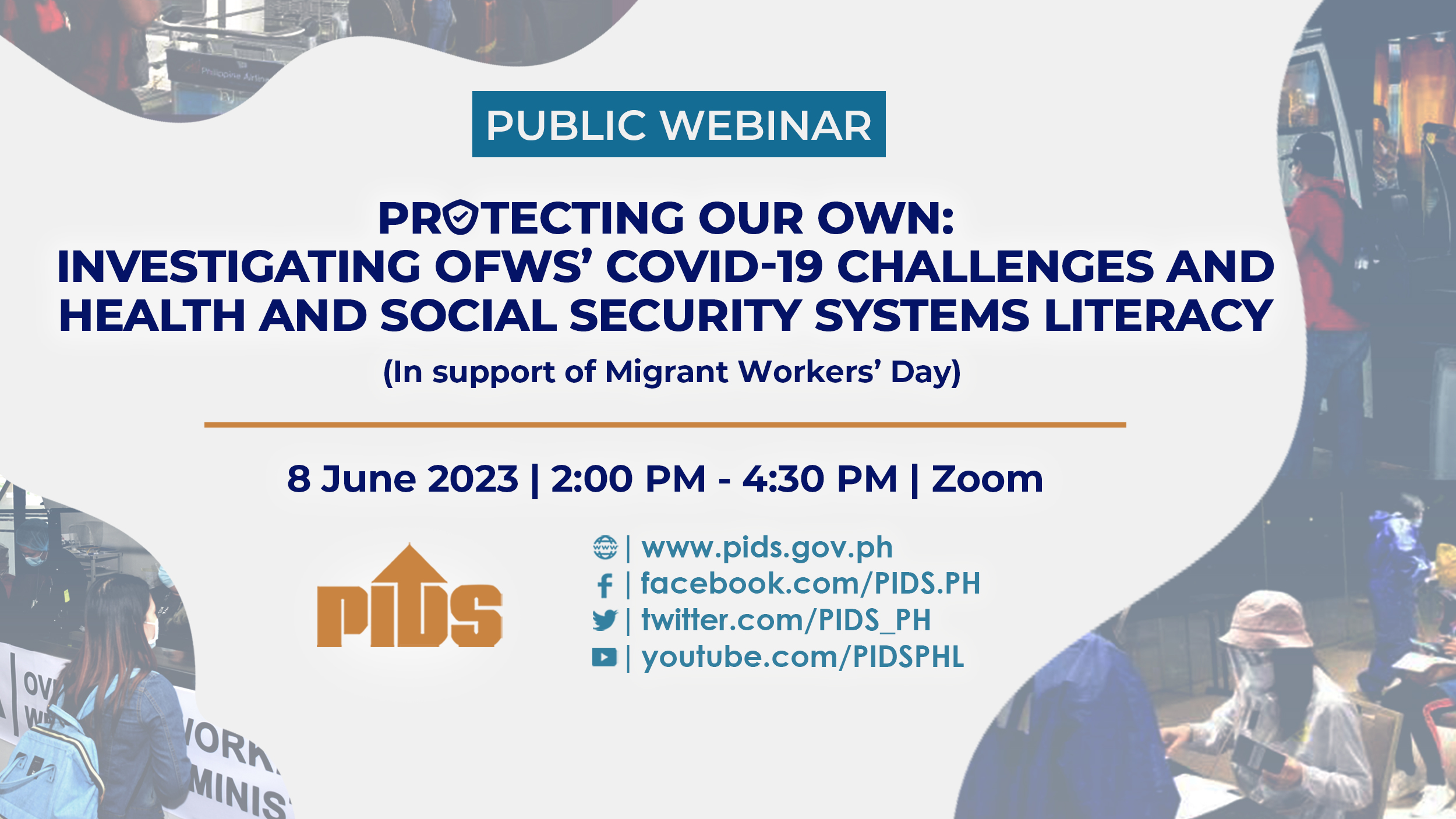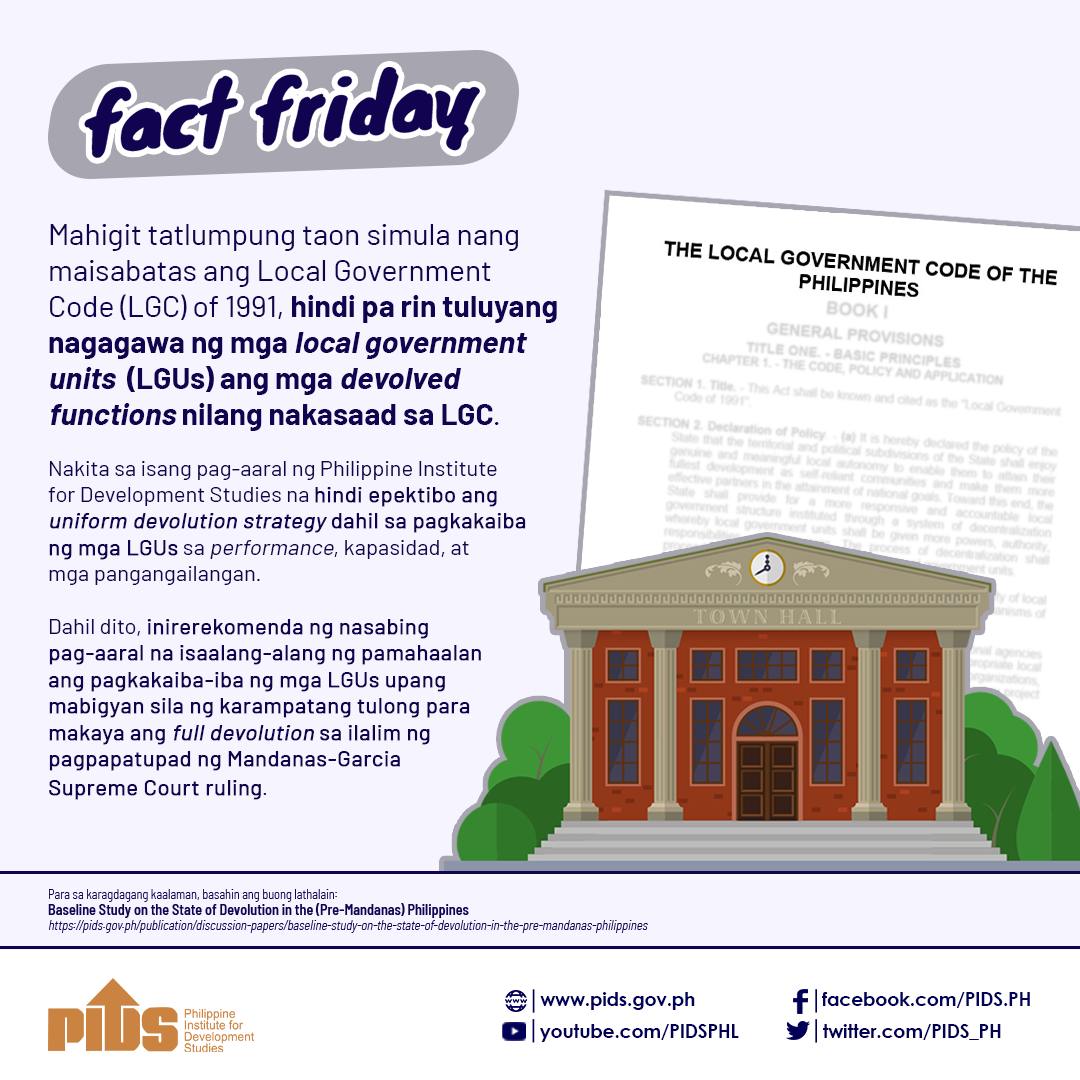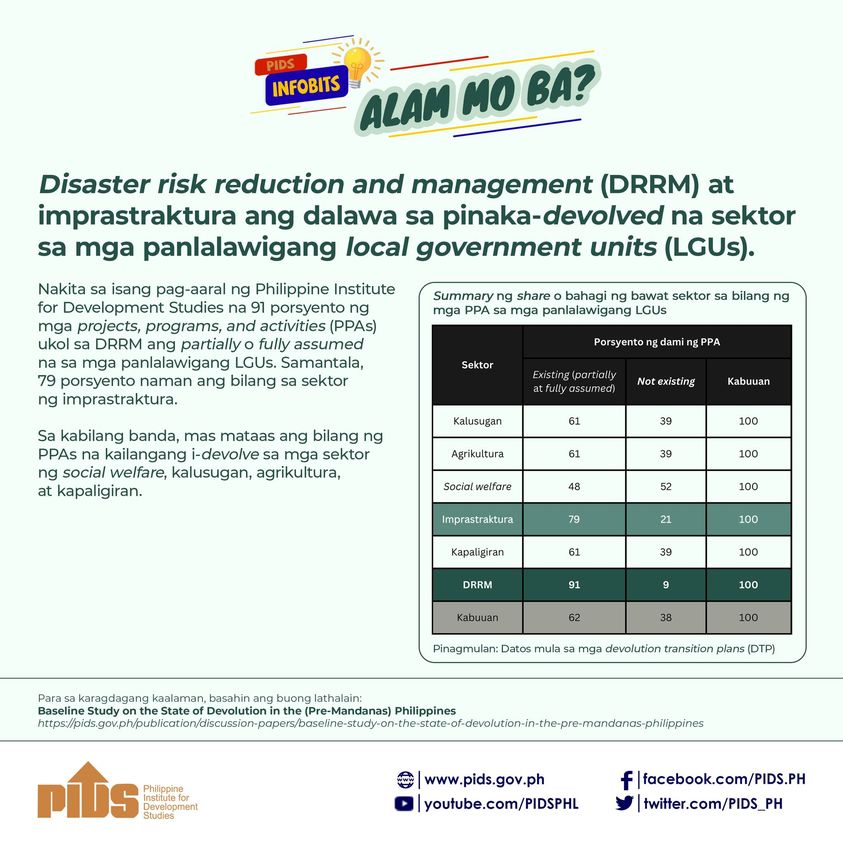The Philippine Economic Zone Authority (PEZA) is urging local government units (LGUs) to develop their own economic zones to make them strong enough to weather changes in a possible shift to a federal form of government.
PEZA director general Charito Plaza said her agency is talking to local and foreign banks to provide credit facilities to economic zone developers, particularly the LGUs.
“This is actually our share in PEZA for the realization of the federal form of government wherein our province and LGUs will be empowered and enriched,” Plaza said.
“They will be prepared to be self-reliant because they will have their own economic zones. Industries and jobs will already be spread out,” she added.
The Duterte administration has been actively pushing for the country to shift to a federal form of government.
State think tank Philippine Institute for Development Studies earlier warned that some LGUs may not be strong enough to weather the change as not all have the financial capacity.
Under a federal system, taxing and spending powers are devolved to federal states, giving them a free hand on the use of the budget.
State governments will also have exclusive powers within their jurisdictions over police, fire protection, early childhood education, water supply and sanitation, waste management, road traffic management and parks.
Plaza said having an economic zone would usher in economic empowerment to an LGU as it would bring in investments, provide job opportunities for residents, and higher revenue generation.
Plaza said many LGUs in the country have already expressed interest in creating economic zones of various types.
She noted, however, that funding has been a major issue among LGUs.
Plaza earlier said PEZA would embark on an aggressive expansion of public economic zones across the country as part of plans to bring economic development to the countryside.
PEZA is looking at building two new public economic zones per region, or a total of 36 across the country.
Public economic zones are cheaper than private owned economic zones in terms of rent, according to Plaza.
Of the more than 370 PEZA-administered economic zones in the country to date, only four are owned by PEZA while the rest are owned by the private sector. Existing public economic zones are in Cavite, Mactan, Baguio and Pampanga.











